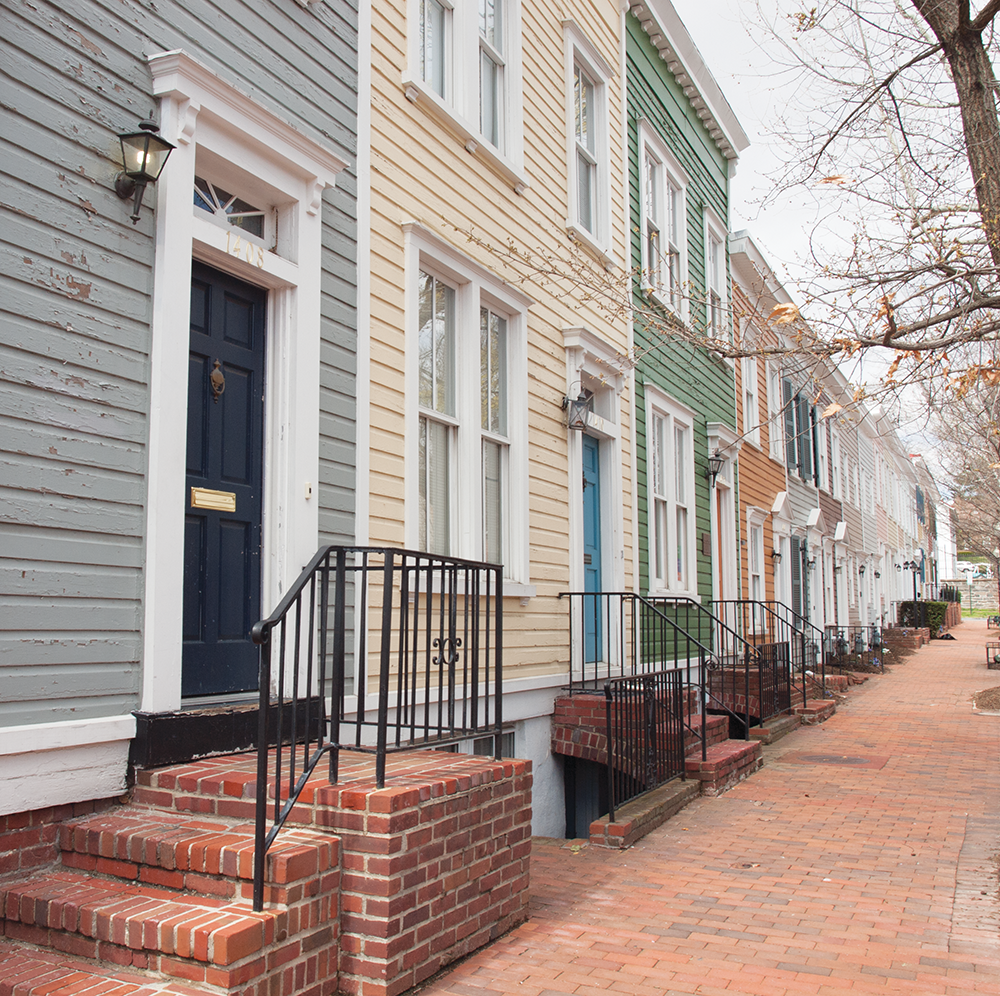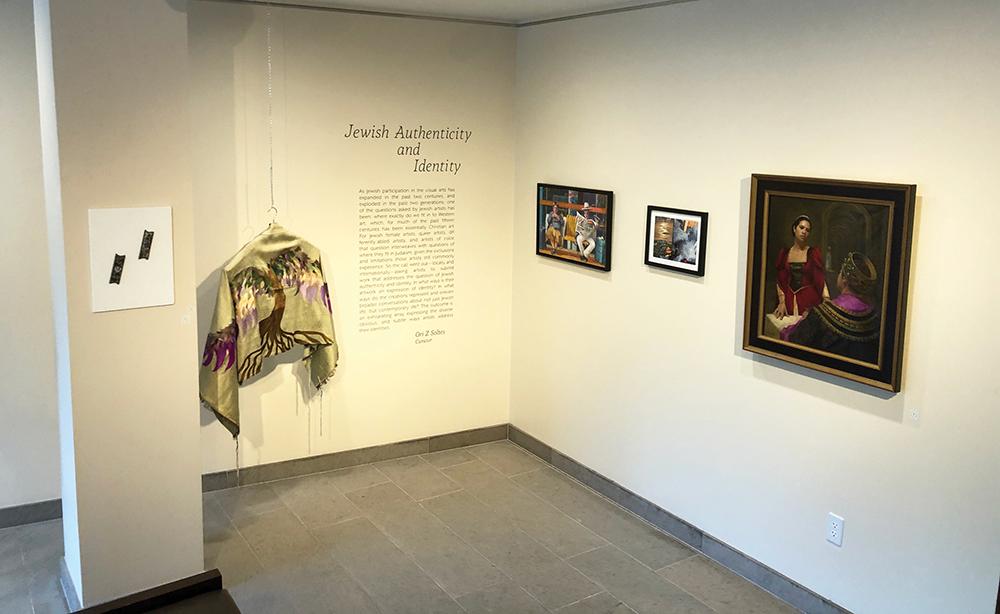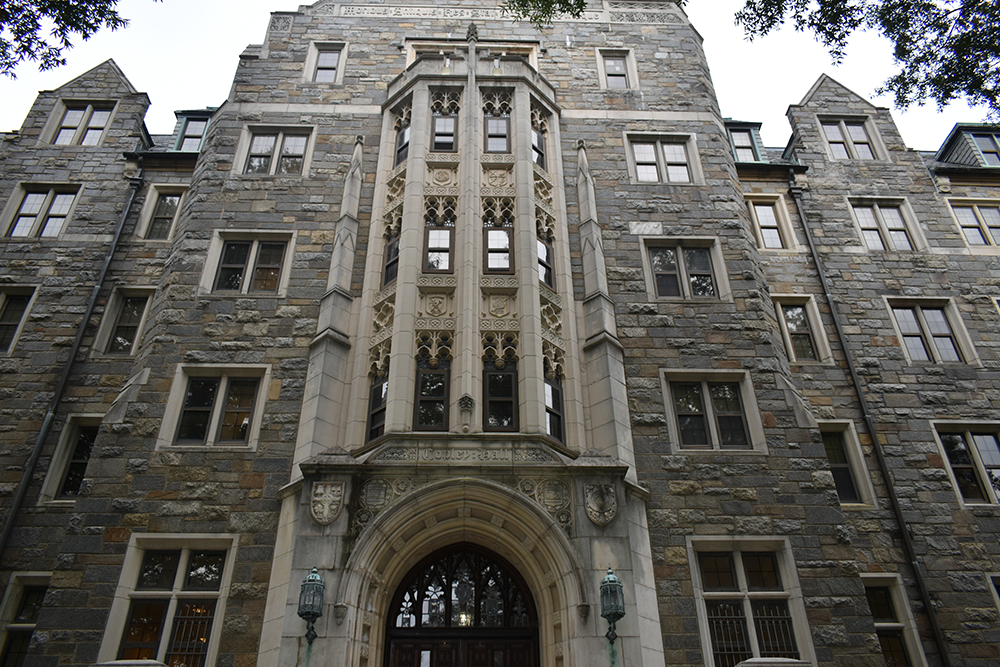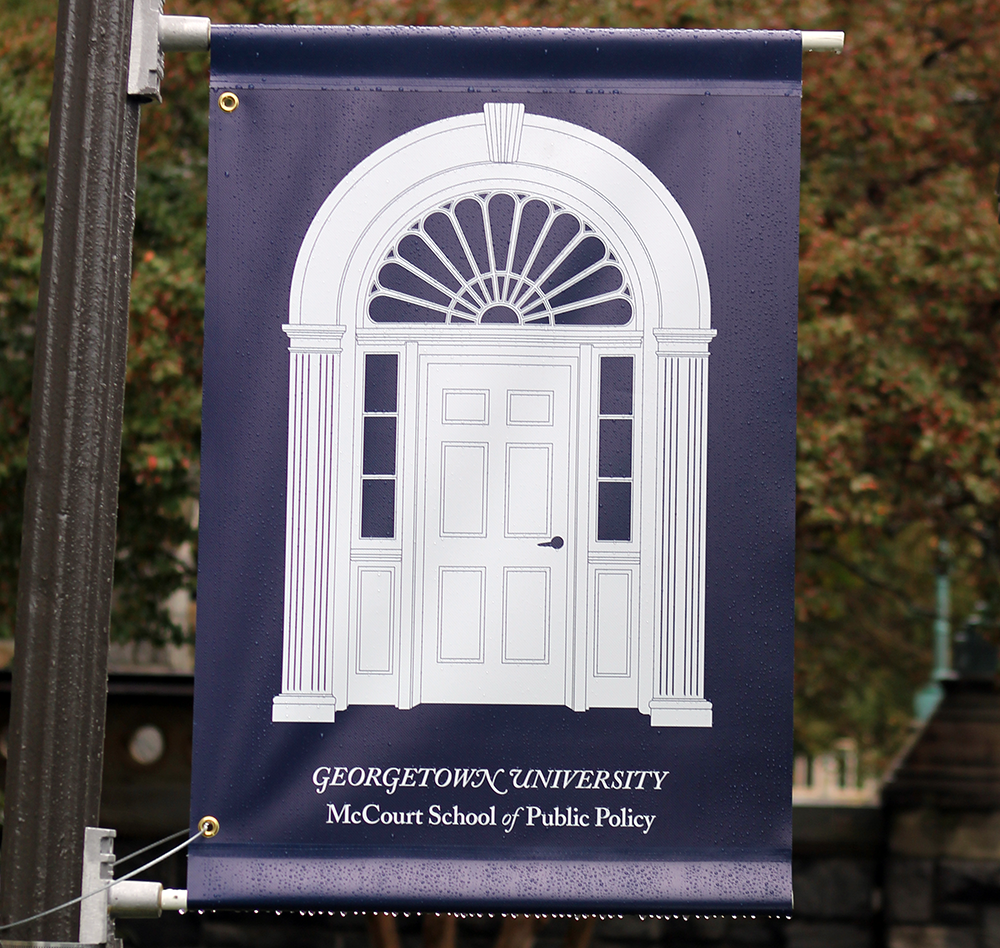Amid a continuing contractual dispute between Georgetown University’s graduate student union and the administration, the Georgetown University Student Association Senate rallied to support the union’s demands.
The GUSA Senate unanimously passed a resolution at its Oct. 4 meeting calling for the university to recognize the right of the Georgetown Alliance of Graduate Employees to bargain for fall semester work policy changes. GAGE recently announced plans to enter arbitration proceedings with the school, arguing the university violated the union’s contract by refusing to bargain with union leadership over the university’s plans in response to the COVID-19 pandemic. The university formally denied the union’s grievance request Thursday morning, all but certifying arbitration proceedings.

Throughout the summer, GAGE lobbied for guaranteed health and economic protections for graduate workers, entering formal bargaining sessions with the university in July. The bargaining sessions proved fruitless, with the university backing out of negotiations in late August, according to GAGE leadership.
Senate Speaker Leo Teixeira (COL ’21), who introduced the bill, expressed frustration with the administration’s handling of the dispute with GAGE.
“It is a tremendous failure on the university’s part to so blatantly disregard these graduate workers’ right to unionize and to engage in collective bargaining,” Teixeira said during the meeting. “This should be regarded as a horrific, horrific deed on their part in any circumstance.”
The resolution will hopefully put pressure on the administration to further negotiate with the union, according to Teixeira, who emphasized the importance of supporting vulnerable groups during the COVID-19 pandemic.
“I think as advocates who represent the student body, we absolutely should stand in solidarity with GAGE with all Georgetown graduate workers and agree to sign on to this as an official stance of GUSA, as well as to urge and demand the university return to the table and give them this COVID agreement,” Teixeira said.
Senator Dominic Gordon (SFS ’24) also expressed dissatisfaction with how the university handled GAGE’s demands.
“I mean, seriously, 200,000 Americans are dead, people,” Gordon said. “[Graduate workers] are going to have issues with COVID-19. We’re going to have to figure out a way to get around this, and I was actually going to ask: did the university provide any reasoning at all for refusing to negotiate? Because to me it just seems ridiculous. I don’t get why the university would not in good faith negotiate with the graduate union.”
The senate also released demographics on diversity of both the current GUSA Senate and of the candidates for the most recent senate election cycle in a presentation created by the GUSA Election Commission. The demographic breakdown highlighted strong LGBTQ, gender and racial diversity in the senate compared to past years.
Around 57% of the current senate identified as cisgender female, according to the survey. Close to 29% of the senate identified as cisgender male, and 7.1% of senators identified as non-binary; the remaining percentage provided no response.
Around 43% of senators identified as straight, while 14.3% identified as gay and 25% identified as bisexual.
Just over 35% of the senate identified as white, according to the survey. An equal proportion of senators — 17.9% — identified as Black and Asian. Close to 4% of senators identified as American Indian/Alaskan Native, and another 17.9% of senators identified as other.
The presentation also revealed high levels of socioeconomic diversity. While over half of Georgetown students pay full tuition, only 25% of senators reported paying full tuition. Additionally, nine senators reported being first-generation college students and twelve senators reported being part of the Georgetown Scholarship Program, a program that provides support for first-generation and low-income Georgetown students.
While applauding the increased senate diversity, Election Commision Chair Varsha Menon (SFS ’21) emphasized the need to maintain diversity and not tokenize it.
“So just kind of keep that in mind that, like, yes, you have a very diverse senate, which is awesome — like more women than men,” Menon said at the meeting. “You have folks who are gender non-conforming, that’s awesome. But, just being aware of keeping it a space where marginalized people can feel like they can be here.”
Menon also mentioned the recent senate election, noting how several senators dropped out of their races because of concerns about a culture of exclusion in the senate.
“You might be wondering, like this isn’t really my place to say that, but it really is because the culture that you foster in the senate, kind of spills over into elections,” Menon said. “There is a first year who withdrew, and he literally said in his candidacy withdrawal that the senate seems so toxic, that it was not going to be good for his mental health, which is not wonderful. That’s not the kind of vibe that I think you guys should aim for.”



















